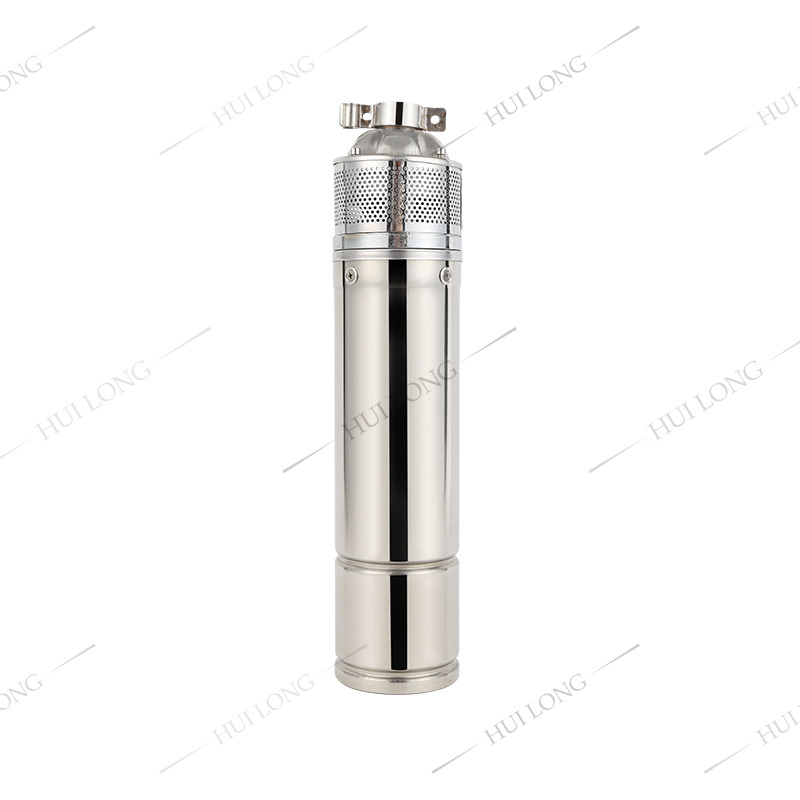Access to clean and dependable water is essential for daily life, especially in rural areas where municipal water systems are often unavailable. In these regions, many families, farms, and businesses rely on private wells to meet their water supply needs. A Deep Well Pump is a valuable tool in such situations, providing an efficient solution for extracting groundwater from deeper sources.

A Deep Well Pump is specifically designed to draw water from wells that are deeper than what standard pumps can manage. Unlike shallow well pumps, which typically reach depths of around 25 feet, a Pump can lift water from wells hundreds of feet deep. This makes it a suitable option for areas where the water table is lower or where seasonal changes affect water availability.
One of the main advantages of using a Deep Well Pump is its ability to maintain consistent water pressure. In rural homes, farms, and small businesses, stable water pressure is necessary for daily activities such as cooking, bathing, cleaning, and irrigating crops. A properly installed Pump ensures a reliable supply of water with steady pressure, improving the overall quality of life and productivity in rural communities.
Durability is another important feature of a Deep Well Pump. These pumps are built to operate in challenging underground conditions, often submerged in water for extended periods. The pump components are typically made from materials like stainless steel or cast iron, which help resist corrosion and wear. This ensures the Deep Well Pump can deliver reliable performance over time with minimal maintenance.
In agricultural settings, a Deep Well Pump plays a crucial role in supporting irrigation systems. Farmlands in rural areas often depend on well water to irrigate crops, water livestock, and support other farming operations. A Pump can handle large volumes of water, making it suitable for both small-scale and commercial agricultural activities. By ensuring a continuous water supply, these pumps help farmers protect their crops and livestock, especially during dry seasons.
Another key benefit of a Deep Well Pump is its ability to support multiple water outlets. A single pump can supply water to homes, barns, greenhouses, and outdoor faucets across a property. This makes it a cost-effective solution for rural properties with diverse water needs. The flexibility to manage water distribution from one central system simplifies water management and reduces the need for additional equipment.
Many Deep Well Pump systems also come with built-in safety features, such as overload protection and automatic shut-off functions. These features help prevent pump damage due to overheating or low water levels, extending the service life of the equipment. Additionally, modern pumps often include energy-efficient motors, which can reduce electricity consumption and lower operating costs.
The installation of a Deep Well Pump provides property owners with greater independence from external water suppliers. In rural areas where public water systems may be limited or unreliable, having a personal well equipped with a Pump ensures access to water without relying on outside sources. This can be especially important during emergencies or when service disruptions occur.
A Deep Well Pump is also suitable for remote locations where access to infrastructure is limited. Off-grid homes, cabins, and farms often rely on these pumps as their primary water source. Their ability to operate at significant depths makes them one of the practical options for ensuring water availability in isolated areas.
In conclusion, a Deep Well Pump is a practical, reliable, and efficient water solution for rural areas. Its ability to extract water from deeper sources, maintain steady pressure, and supply multiple water points makes it an essential tool for rural households, farms, and small businesses. By providing a consistent water supply, a Deep Well Pump contributes to the health, productivity, and sustainability of rural communities.


 中文简体
中文简体 عربى
عربى






